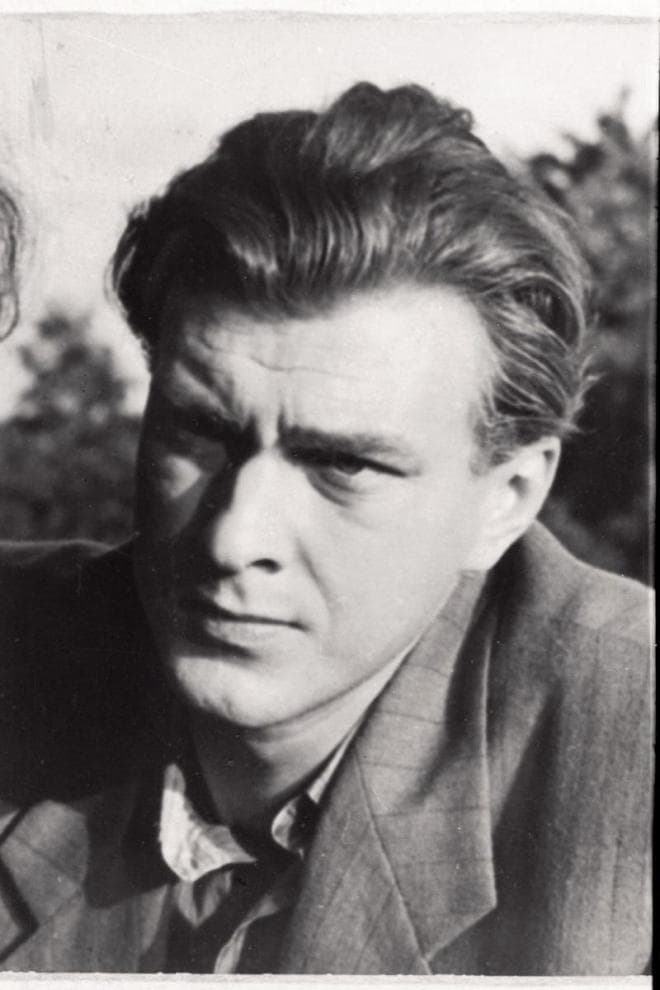

Gunnar Kilgas (May 8, 1926 Narva – August 6, 2005 Tallinn) was an Estonian actor and theatre director. In 1949 he graduated from Estonian State Theatre Institute. 1951-1960 he was an actor at Vanemuine Theatre. 1960-1969 he was an actor and director at Estonian Drama Theatre. 1969-1986 he was a director at Estonian Television's Teleteater.